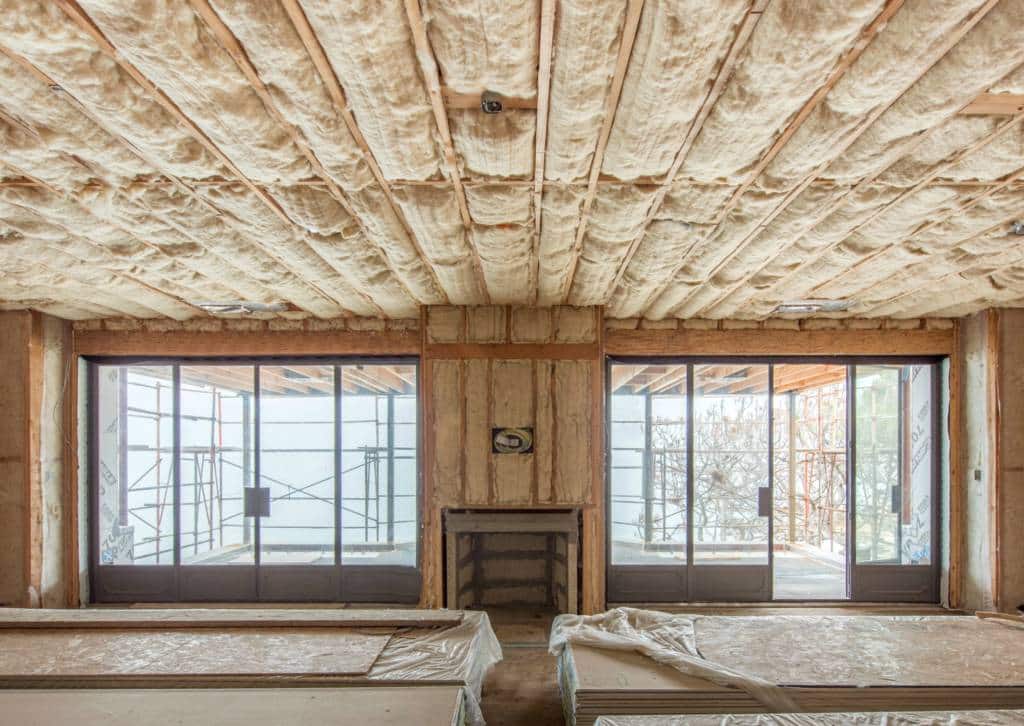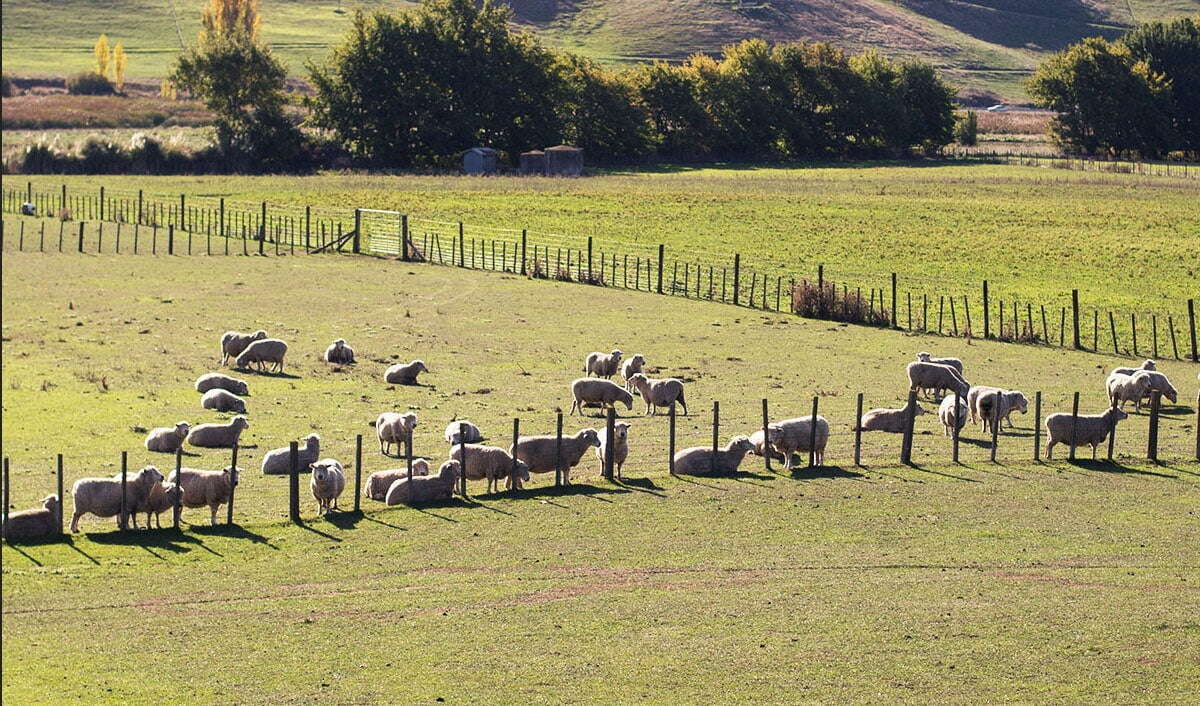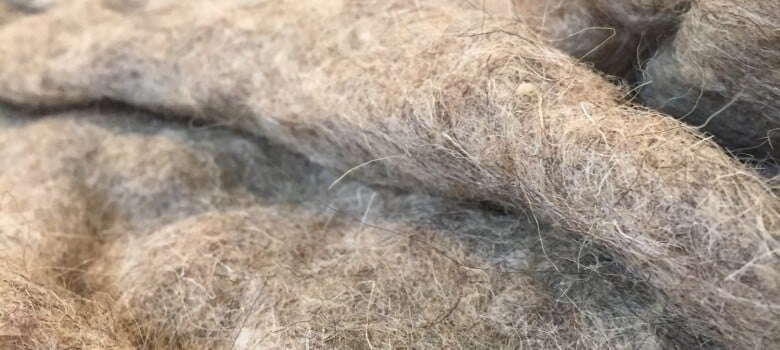When it comes to a remodel, insulation may not be the most glamorous aspect. But it’s critical to helping regulate temperatures in your home and conserving energy. But fiberglass and rockwool insulation aren’t your only options. Here’s a look at sheep wool insulation — and whether it may make sense for your Portland home.

What is Sheep wool insulation?
As the name suggests, the material is made from real sheep’s wool. This natural product is great at keeping out both extreme heat and extreme cold. But don’t confuse it with rockwool, also called mineral wool. That’s made from a base of basalt or diabase. The other common insulation material, fiberglass, is made from molten glass. Both are man-made products and contain some levels of volatile organic compounds (VOCs), which can cause lung and skin irritation. Since sheep wool derives from a natural base, it is free of these substances. However, it is often treated with additives to help make it fire retardant.
What are the benefits of using sheep wool?
It’s Highly effective
One of the biggest advantages to using sheep wool is that it’s a great insulator. Its natural ability to trap air creates a formidable barrier to harsh outdoor temperatures, helping to keep the inside of your home comfortable. It can also be installed in virtually any stud-built home, including in attic or loft spaces.
It’s a good noise reducer
Another benefit is that it’s highly effective at reducing noise. Its sound-dampening qualities are noted to be far better than other types of insulation, so it can be useful for something like a home office or media room.
It’s environmentally-friendly

Sheep wool insulation is also sustainable. The manufacturing process does not require a lot of energy or resources. In fact, research shows it uses up to 15% less energy to manufacture than fiberglass insulation. Plus, it can help decrease air pollution inside your home. The natural wool absorbs and can neutralize harmful and odors and substances, including VOCs like nitrogen dioxide and formaldehyde. It’s also 100% biodegradable.
It regulates humidity well
Due to its structure and permeability, wool works to repel water on its exterior while its interior is water tolerant. This means even if it gets wet, it is able to absorb the moisture and still be a very effective insulator. This is ideal for areas with high humidity, such as attics, as the wool can trap the humid, moist air then release it later, helping to regulate your home’s environment.
It’s durable
Sheep wool is highly resistant to tearing. Its natural elasticity essentially means it simply expands or retracts rather than breaks. That means it will last for years, keeping your home comfortable along the way. It’s also naturally resistant to mold and mildew since it can absorb and release moisture.
It’s naturally fire resistant
Sheep’s wool requires high levels of oxygen to burn due to its naturally high nitrogen and water content. If wool does combust, it swells, creating an insulating layer that prevents flames from spreading. In fact, it’s considered a self-extinguishing material as it resists flame temperatures below 1,040 degrees Fahrenheit. Still, as we noted, additives are often applied to further limit its flammability.
It has a good R-Value per inch
R-value is one way to measure the effectiveness of insulation. The higher its R-value, the more effective it is. Sheep wool is thick and dense, which contributes to a solid R-value between R-13 and R-19. That’s on par with or greater than comparable fiberglass, cellulose, or rockwool products.
What are some disadvantages?
Cost
White sheep wool insulation offers a host of benefits, they can come at a somewhat higher cost. Since the product is still relatively new and not as widely available as more common types of insulation, it may run you about 15% more. As with most products, as it becomes more widely used, costs should come down.
Is it a good option for my Portland home?

Given its durability, sheep wool insulation can last for the life of your home. Plus, its ability to naturally absorb moisture while still being highly effective make it an excellent choice for wet climates like the Pacific Northwest. And its sustainability can make your home attractive to environmentally-conscious buyers if you decide to sell at some point.



